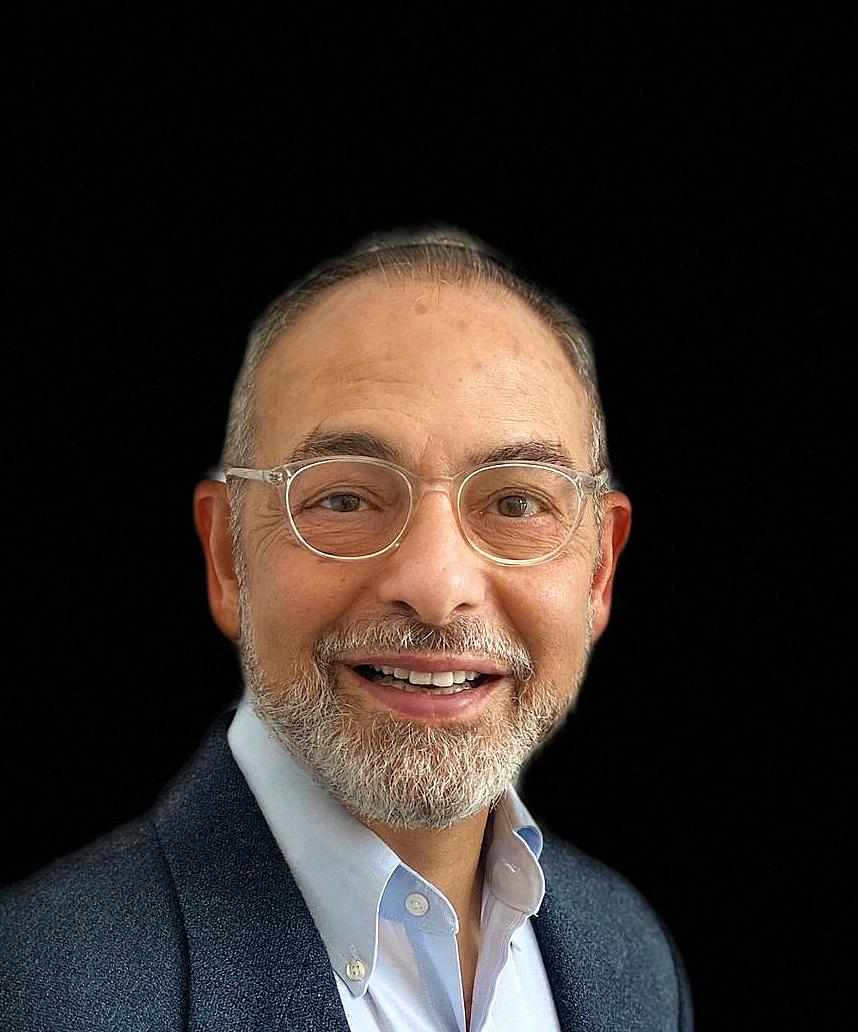David Bienenfeld
Credentials
Finances
Licensed in Israel
- 6/5 HARAV YAAKOV YOSEF
- Ramat Beit Shemesh, 9965105
- Email Me
-
 Business Hours
Business Hours
David Bienenfeld
 Verified
Verified
Credentials
Psychiatrist
MD
Finances
500-700 NIS
N/A
N/A
ABOUT THE THERAPIST
At present I can see people for single sessions for consultations, second opinions and disability evaluations, but not for ongoing care.
I treat adults for a wide range of psychiatric conditions ranging from adjustment problems to schizophrenia. I am skilled but conservative in the use of medications, and always treat in a psychotherapeutic context. I have decades of experience practicing psychodynamic psychotherapy and particular skill with Cognitive Behavior Therapy, having trained under Aaron and Judith Beck.
I am Professor Emeritus of Psychiatry at the Wright State University School of Medicine, and have directed the training of hundreds of psychiatrists in the US. I am widely published and have taught internationally. You can view more details of my at people.wright.edu/david.bienenfeld.
Private practice only. Consulting physician for Leumit, patients are eligible for up to 80 rebate from the kupah.
QUALIFICATIONS
MD
University of Cincinnati College of Medicine
1978
Degree
MDEducation
University of Cincinnati College of MedicineYear of Graduation
1978Years in Practice
41
Psychiatry License Number
1-37724
LICENSED IN THE USA
ADDITIONAL CREDENTIALS
Certified, American Board of Psychiatry and Neurology: Psychiatry, Geriatric Psychiatry, Forensic Psychiatry
Distinguished Life Fellow, American Psychiatric Association
DISTANCE COUNSELING
Online Therapy
PRIMARY SPECIALTIES
Anxiety / Panic
Attention Deficit Hyperactivity Disorder (ADHD)
Depression
Mood Disorders
Trauma / Post Traumatic Stress Disorder PTSD
ADDITIONAL SPECIALTIES
Alzheimers / Dementia
Bipolar Disorder
Obsessive Compulsive Disorder (OCD)
Postpartum Depression
Psychosomatic Disorders
Schizophrenia / Psychosis
Sleep / Insomnia
CLIENT FOCUS
Population
Adults
Men
Women
Geriatric
Languages Spoken
English
Yiddish
TREATMENT APPROACH
Cognitive Behavioral Therapy (CBT)Cognitive Behavioral Therapy (CBT) is a type of psychotherapy that focuses on how one's thoughts, feelings and behaviors are connected and can be changed. It is based on the idea that how we think (cognition) and how we feel (emotion) can influence how we behave. CBT helps people identify and challenge distorted thinking and replace it with more balanced thinking, leading to improved mood and behavior. ‘Homework’, usually containing practical writing exercises, is often completed by the client between sessions to reinforce the therapy. Examples of tools that practitioners often use are journaling, challenging beliefs, and mindfulness.
Psychodynamic TherapyPsychodynamic therapy is a form of therapy that focuses on the unconscious mind and how it affects behavior. It works to help people understand and work through past experiences and feelings that may be causing difficulties in the present. This type of therapy encourages individuals to explore their emotions, relationships, and behaviors in order to gain insight into their current difficulties. It can help individuals better understand themselves and their motivations, and gain insight into how past events have impacted their current lives. People tend to develop defense mechanisms when faced with challenges in life. Defense mechanisms may keep painful feelings, memories, and experiences in the unconscious. A few common defense mechanisms include: denial, repression, and rationalization. Psychodynamic therapists encourage people to speak freely about their emotions, desires, and fears. Being open may help uncover vulnerable feelings that have been pushed out of conscious awareness. According to psychodynamic theory, behavior is influenced by unconscious thought. Once painful feelings are brought forth and processed, the defense mechanisms are no longer needed and a person in treatment can start changing unhelpful patterns when coping with life’s challenges.
SERVICES OFFERED
Individual Therapy
Consultation
Medication Management
Psychiatric Evaluation

 Verified
Verified


